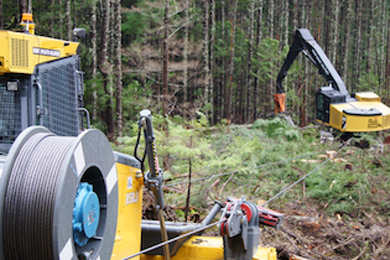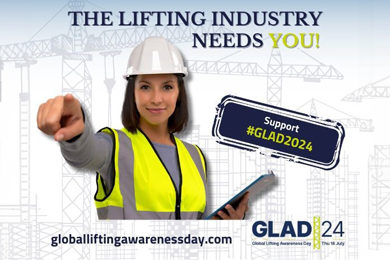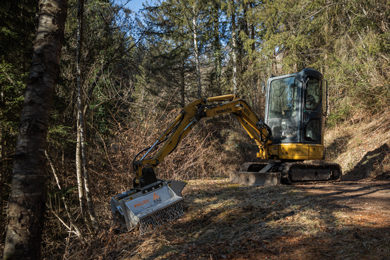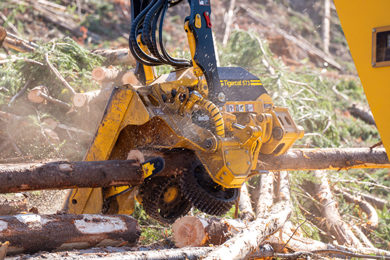WorkSafeBC – Mechanised harvesting machines could improve worker safety – It’s an exciting time for British Columbia’s steep-slope-harvesting forestry workers and employers. Approximately 25 new mechanised-harvesting machines equipped with winch-assist technology are operating in the province, and another 20 are anticipated to be put into use over the next two years on British Columbia’s rugged, often treacherous forested landscape.
These new machines can be used to fell, process, and forward wood to the roadside.
Advancements in mechanised steep-slope harvesting have the potential to improve occupational health and safety by getting more workers off the hill. But new technology also presents unique hazards and risks that employers need to identify, assess, and account for to prepare workers to operate new machinery safely.
Hand-falling is a dangerous occupation. The injury rate for manual tree fallers in B.C. in 2016 was 27.3 – by comparison the overall provincial injury rate for the same year was 2.21. Out of 127 accepted time-loss claims in 2016 for manual tree fallers, 30 were for serious injuries – 24 per cent. New technology that reduces the risk hand fallers face by allowing them to stay inside a cab while performing their duties, or operate equipment remotely, is a significant development for the safety of these workers; fully remote-controlled equipment is still relatively uncommon in B.C. and is currently limited to some yarders, carriages, and cameras on grapple yarders.
WorkSafeBC is keeping pace with these mechanical advancements by developing new health and safety resources so employers can ensure this equipment meets the requirements of the Workers Compensation Act and Occupational Health and Safety Regulation.
Source: John Ligtenberg, WorkSafeBC







